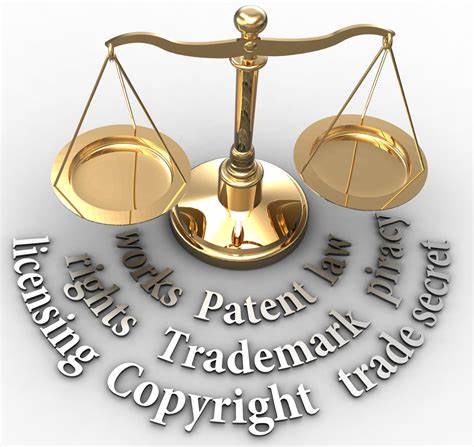
Intellectual Property Rights (IPR) refers to rights that are meant to protect the creations of the mind.They enable the owner to have monopoly over the creation protected by the rights. They entail rights that exclude other people from making copies, improvements or using the creation(s) for a certain period of time.
IPR are contained in Article 40 of the Constitution of Kenya 2010. Intellectual Property comprises of literary and artistic works, symbols, names, images, designs, including architectural designs and names, and any other expression(s) of a creative individual.
There are various forms of Intellectual Property. Trademarks, Copyrights, Patents and Trade Secrets. Besides protecting the creative innovations of owners, IPR also protect consumers from exploitation as a result of the goods and services produced from the invention(s).
Copyright is a form of IPR that protects Music, Films, written works of fiction, Poems, Architectural Designs and other works of cultural works of a creator. The owner of the copyrighted work has the exclusive rights to reproduce the work, distribute it, perform and display the work.
Copyright protection typically extends for the duration of the author’s life, plus 70 years for works created after January 1, 1978. However, for anonymous, pseudonymous, or works made for hire, copyright lasts for 95 years from the first publication year, or 120 years from the creation year, whichever is shorter. Only the author or those with rights obtained from the author, such as a publisher, can assert copyright ownership. The Kenya Copyright Board (KECOBO) oversees copyrights in Kenya.
A Patent is granted to an inventor of a product which grants them the exclusive right to determine the use or sale of the product for a period of 20 years from the time of invention. A Patent can be for a new physical invention, a modification of an existing design or a novel process. To prevent patent of technology that is already available, patent claims are analysed by experts and is only granted by a designated government agency.
Trademarks serve as identifiers of commercial origins, encompassing unique symbols, phrases, or designs that distinguish particular goods or services offered by a specific individual or business entity. Trademarks determine how customers recognize you in the marketplace and distinguish you from your competitors They hold particular significance in situations where consumers and producers are geographically separated, enabling consumers to easily recognize and locate desired products or services. There is a due process for registering a trademark in Kenya, after which you are granted the prerogative to permit others to use. Trademarks protect you from infringers who would ride on the goodwill of your brand.
Trade Secrets is information utilized in business operations, possessing significant value to confer tangible economic benefits, and are classified. Instances include formulas for renowned food items, client contact databases, marketing tactics, and distribution methodologies. Protection for trade secrets typically involves contractual agreements and nondisclosure pacts. These secrets maintain validity solely if the information remains undisclosed.
IPR are important as they ensure new inventions come up as inventors are assured of secrecy of their inventions. IPR also ensures there is no false advertising and or sale of counterfeit goods.

